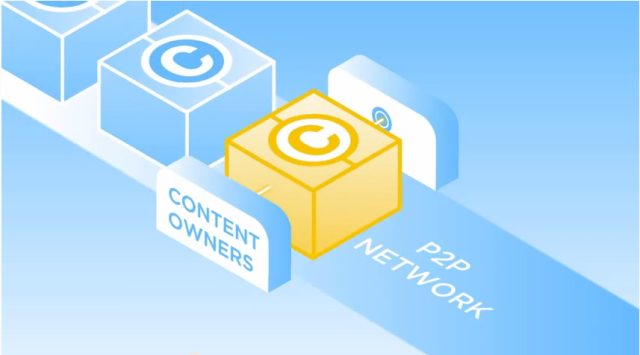
After months of delay, the “Copyright Alert System,” (also known as “six strikes”) is ready for its “implementation phase.” Participating ISPs will be rolling out the system “over the course of the next several days.”
As we’ve reported previously, six strikes was conceived of by Center for Copyright Information (CCI)—an umbrella group representing major ISPs across the US and representatives from the recording and film industries. The group agreed in 2011 to come up with a six-stage warning scheme that would progressively warn—and eventually penalize—alleged online copyright infringers. (Here's the CCI's new video explaining the process and its new promo video.)
CCI has said previously that filing an appeal will cost $35.
"The CAS marks a new way to reach consumers who may be engaging in peer-to-peer (P2P) piracy," wrote Jill Lesser, CCI’s head, on Monday. Its launch today "marks the culmination of many months of work" to stop piracy and promote lawful alternatives.
She has also previously acknowledged to Ars that six strikes would not alter the behavior of those who use a VPN, Tor, or other similar digital tools to obscure one's digital footprint.
Participating ISPs, including AT&T, Verizon, Comcast, Cablevision, and Time Warner Cable, have yet to publicize any information or even mention the program anywhere on their websites—except Verizon, which refers to it as the “Copyright Alert Program.”
Ars has requested comment from all of the ISPs about their launch date and specific terms of service, but only Verizon has responded.
“We’ll let you know after we’ve notified our customers,” Ed McFadden, a Verizon spokesperson, told Ars.
Verizon won’t cut you off
In its own description of the program, however, Verizon uses a lot of the same language that Lesser has previously described to Ars—that six strikes isn’t meant to be punitive, but rather educative.
Verizon, though, has said on its own website that it will engage in speed reduction but not outright termination.
The goal of our program is to alert you about possible copyright infringement involving your account so that you, as the account owner, can take steps to prevent it from happening in the future. The program uses an escalating approach to sending alerts that starts with email and recorded voice mail alerts. If we receive more than two notices related to your account, we will send you an alert via a web page pop-up that will require you to click to acknowledge receipt of the alert. If we receive a fifth copyright notice from copyright owners related to your account, we will send you an alert via a web page pop-up notifying you that, unless you elect to seek an independent review of the validity of the notices you received (see below for more details), your Internet access service speed will be temporarily reduced for a period of 2 days to a rate of 256Kbps (a little faster than typical dial-up speed). We will let you know 14 days before any reduction in speed is scheduled to occur. The same process will apply if you receive a sixth alert except that the temporary speed reduction will be for 3 days rather than 2.
Finally, our Copyright Alert Program is designed to promote education and awareness of copyright issues and does not include termination of service at any stage of the process.
At least one Comcast customer has raised the issue of account termination in the company’s forums, posing it this way:
I simply want to know and this should be CLEARLY LISTED IN Black and White on the Comcast Terms of Service. If a Subscriber receives 6 Strikes WILL HIS SERVICE BE TERMINATED ?? Yes or No ?? Why no one else is asking this question is beyond me.
We’re still waiting for an answer from Comcast too.
Update 4:09pm CT: A Comcast representative e-mailed Ars to say that "termination is not part of the CAS."
In the meantime, the president of consumer advocacy group Public Knowledge called the activation of six strikes a "significant test."
"I urge both the participating Internet service providers and the content companies to be more open and transparent about how the CAS works and, after the system has been in place for a time, to provide the public data that shows how the system is working," Gigi Sohn, who is also a CCI advisory board member, said in a statement. "I will continue to use my role on the Center for Copyright Information Advisory Board to ensure that Internet users' rights are protected; that the process provided under the CAS is robust and accessible; and that the CAS operates transparently and with public input."
reader comments
114